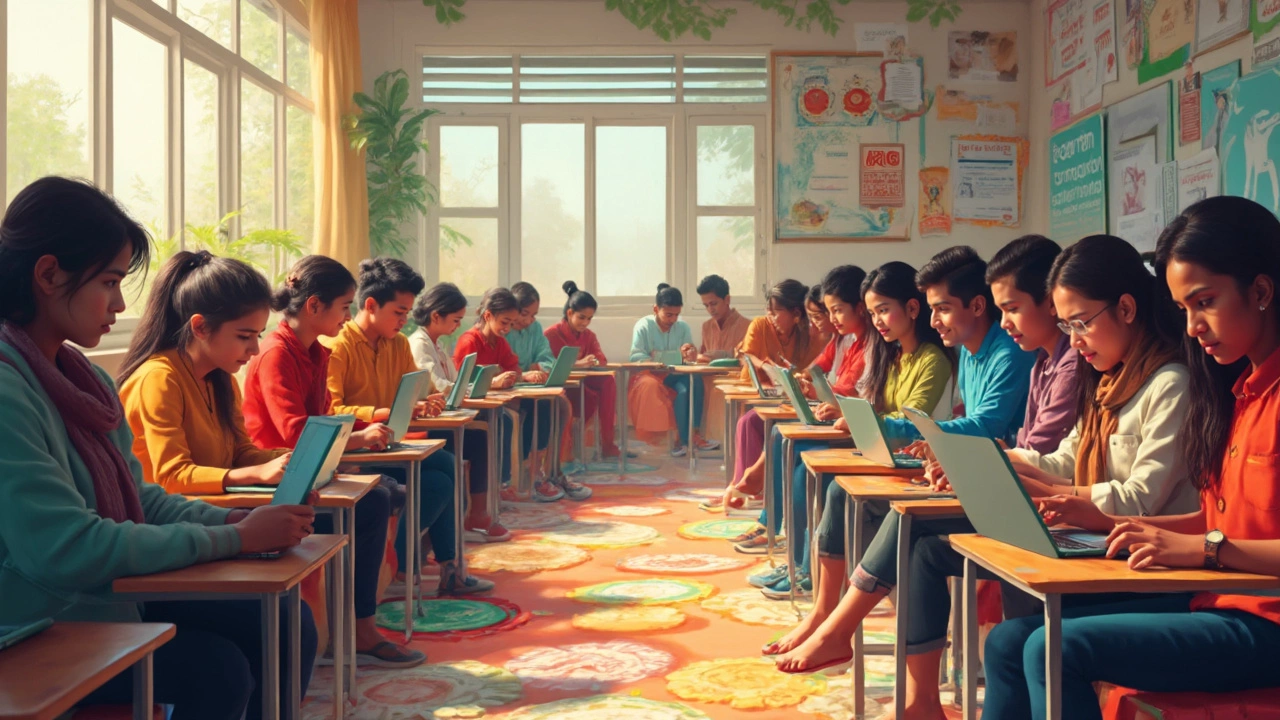Beginner Coding: Free Roadmap & Real Tips to Start Programming
Thinking about learning to code but don’t know where to begin? You’re not alone. Most newbies feel overwhelmed by the sheer number of languages, tutorials, and claims of “quick success.” The good news is that you can start for free, follow a simple plan, and avoid the common traps that make many quit early.
First, pick a language that matches your goal. If you want to build websites, HTML, CSS, and JavaScript are the fastest way. For data jobs or automation, Python is the go‑to. Mobile apps? Try Kotlin for Android or Swift for iOS. Sticking to one language for the first three months helps you build confidence before you jump around.
Free Courses to Kickstart Your Journey
There are several reputable platforms that offer high‑quality content at no cost. Coursera’s “Programming for Everybody” (Python) and edX’s “CS50’s Introduction to Computer Science” are both free to audit and cover fundamentals with real‑world examples. YouTube channels like freeCodeCamp and The Net Ninja provide hour‑long playlists that walk you through building projects step by step.
Combine video lessons with interactive coding sites. Websites such as freeCodeCamp, Codecademy’s free tier, and SoloLearn let you write code in the browser, get instant feedback, and earn small “certificates” that keep you motivated. Spend 30‑45 minutes a day on these exercises; consistency beats marathon sessions.
Avoiding Common Beginner Traps
One of the biggest reasons people quit is setting unrealistic goals. “Learn JavaScript in a week” sounds exciting but leads to burnout. Instead, set tiny milestones: finish a tutorial, build a simple calculator, or fix a bug in a sample project. Celebrate those wins – they’re proof you’re actually progressing.
Another pitfall is chasing perfection. You’ll write messy code at first; that’s normal. Use version control (Git) early on, even if you only push to a private repo. It teaches you good habits and lets you track improvements over time.
Don’t ignore problem‑solving practice. Platforms like LeetCode, HackerRank, and Codeforces have beginner‑friendly challenges that teach you how to break problems into smaller steps. Start with “easy” tags, read other users’ solutions after you solve a problem, and note patterns that repeat.
Finally, stay connected. Join coding Discord servers, subreddits like r/learnprogramming, or local meetups. Talking about what you’re stuck on, sharing small wins, and seeing others’ progress keeps you accountable and makes learning less lonely.
In a nutshell, pick one language, follow a free structured course, practice daily, set realistic milestones, and lean on community support. Follow this roadmap and you’ll move from “I want to code” to “I can build something useful” faster than you think.
How Long Does It Really Take to Learn to Code?
Ever wondered how long it actually takes to learn coding? This article untangles the real timelines, from dabbling in your first lines of code to being able to build your own project. You’ll get honest answers about what impacts your progress, the pitfalls beginners hit, and a realistic look at how much effort is needed at each stage. We’ll toss out vague promises and focus on what you can actually expect. Whether you’ve got an hour a day or want to dive in full-time, this guide cuts through the noise.
Where Should a Beginner Learn to Code: Finding the Right Spot
Are you a coding newbie wondering where to start? This article walks you through some great places to kick off your programming journey, whether you prefer online courses, in-person bootcamps, or self-led paths. Discover tips and resources to help you find the learning method that fits your style and schedule. Dive into a world where the skills you gain today could open doors to tomorrow's tech-savvy opportunities.

